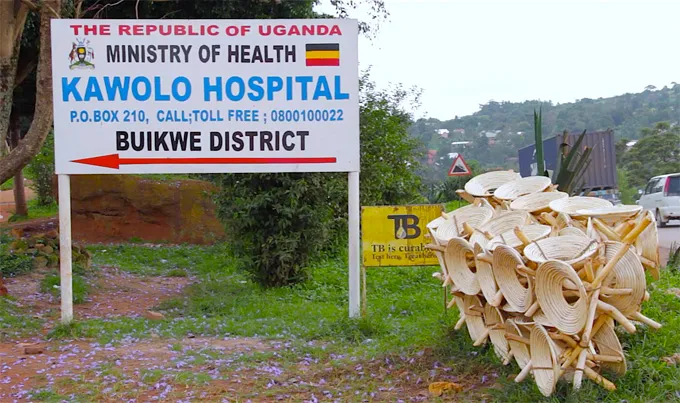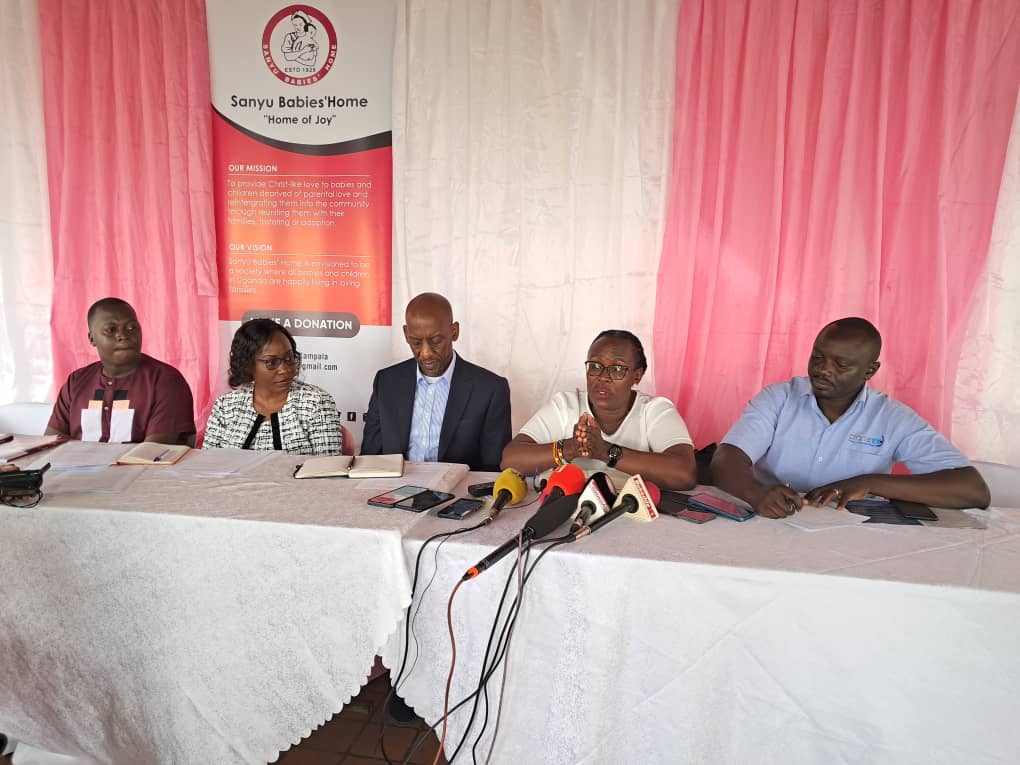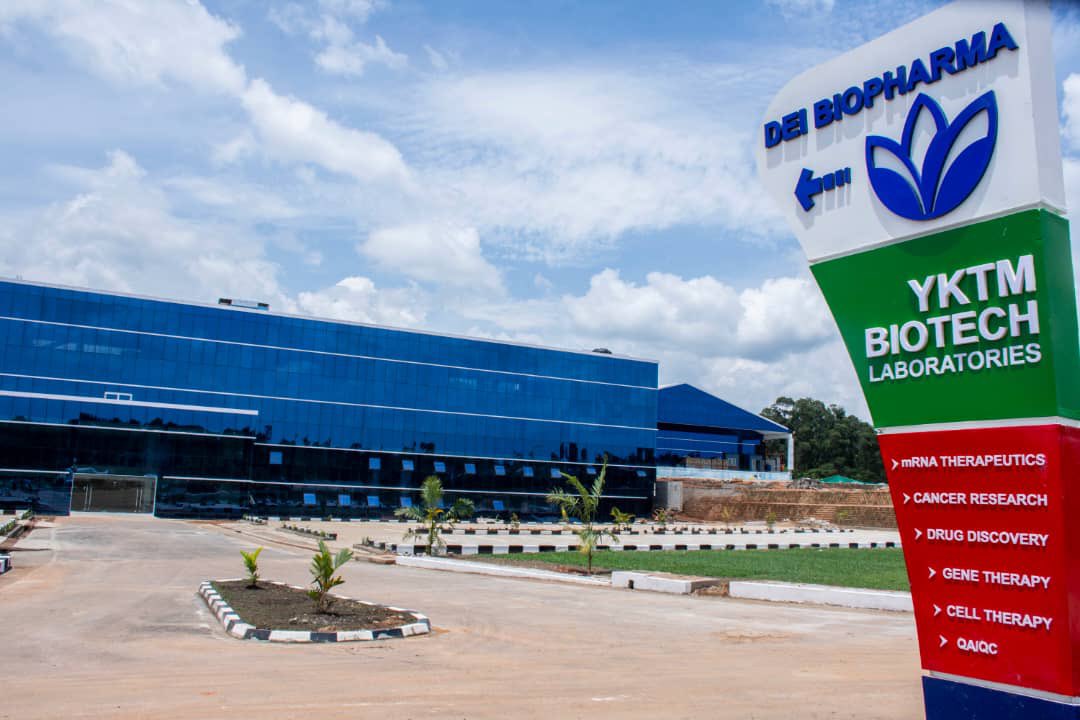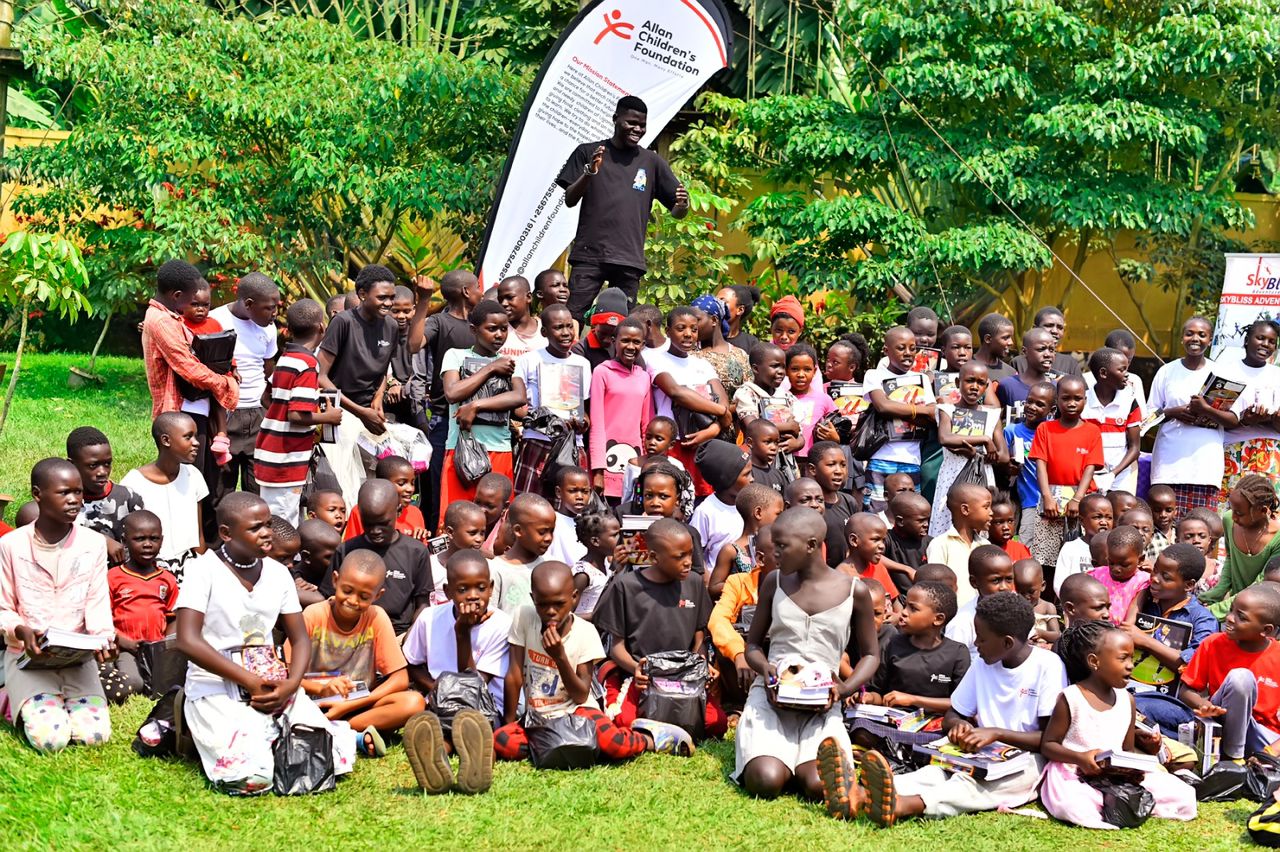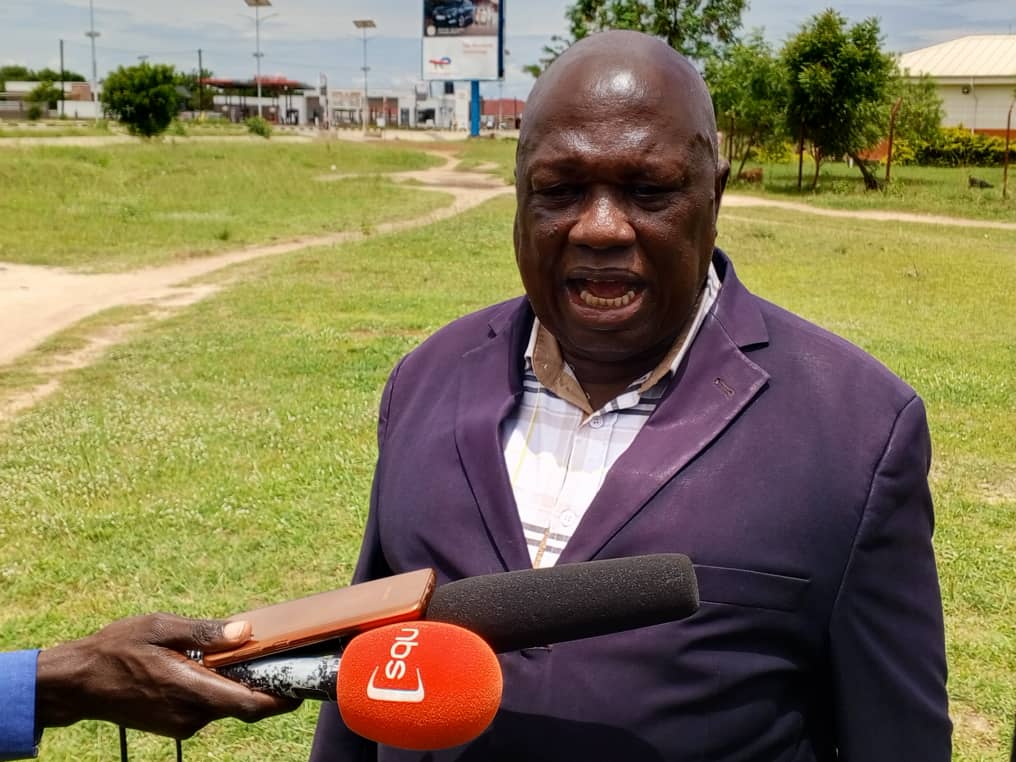Spina Bifida Patients Go 8 Months Without Crucial Drug Because Government Won't Buy It
Patients diagnosed with Spina Bifida have gone close to 8 months without necessary medicine following a drug stock out.
The patients, many of them below 20 years, have failed to get Oxybutynin a key drug in addressing the issue of urine incontinence, which many of them suffer from.
Keep Reading
Nadongo Ephrance (20) was born with Spina Bifida and hydrocephalus.
Spina Bifida is a birth defect where there is a birth defect where there is incomplete closing of the backbone and membranes around the spinal cord.
Having battled stigma and hydrocephalus, the current drug stock outs are biting hard. Ephrance explains that the drug helps a patient to control their bladder.
https://www.youtube.com/watch?v=nWzy_c8pe-8
Oxybutinin is a drug used by patients with Spina bifida to address urine incontinence. Unfortunately, patients have not accessed this drug for over 8 Months.
Nadongo is candid about the challenges she has to undergo, “Because I fear to smell urine, I have to wear pads through out, when I was younger my mother bought for me pampers. I stopped wearing them at age of 17.”
This pain is shared by Betty Namuddu a mother of a 15-year-old boy living with Spina Bifida.
Namuddu’s son inadvertently caused more injury to his private parts in a desperate attempt to prevent the flow of urine while he sat his primary seven leaving examinations. He tied a rubber band on his male organ.
As a result, Namuddu says, “My son’s genitals are now swollen because he was tired of wearing pampers but wanted to sit his primary seven to be enrolled for secondary, he tied his penis with a rubber band to stop urine from leaking.”
A teary Namuddu explains the humiliation her son undergoes, “My son sometimes uses gloves to hold urine, he has been nicknamed pamper by his classmates because he is a big man who still wears pampers.”
Children born with Spina Bifida have a swelling on the back that needs immediate surgery, unfortunately many of the victims in Uganda never get this service resulting into dire effects.
Spina Bifida Awareness Network executive director Ruth Nalugya notes that 200 to 500 new cases are reported annually. There are about 2,500 children living with Spina Bifida in Uganda.
Nalugya says the government’s failure to procure the drug has forced patients to rely on handouts from partners.
She reveals that, “We received a donation that has since been held by National Drug Authority because it has a short shell life. We are stranded.”
Unfortunately, this drug can only be imported to Uganda.
Nalugya explains that, “This drug costs 5 to 7 dollars a tablet but it’s not sold anywhere in Uganda. We buy it from outside the country. For how long shall patients with Spina Bifida suffer cry out?”
The Ministry of Health however does not recognize Oxybutynin drug in question as an essential drug.
Health Minister Dr Jane Ruth Aceng says, “It’s an area of specialization and Mulago specialized hospital will be handling this. When the bill is passed into law we shall have specialists to guide the patients on what to do, for now the patients should talk to their doctors on alternative medication.”
The risk of neural tube defects such as Spina Bifida can be reduced by up to 70% if the mother takes adequate amounts of folic acid every day before becoming pregnant.
Uganda has four treatment centres for children with Spina Bifida in Gulu, Mbale, Mbarara and at the Katalemwa Cheshire home.


